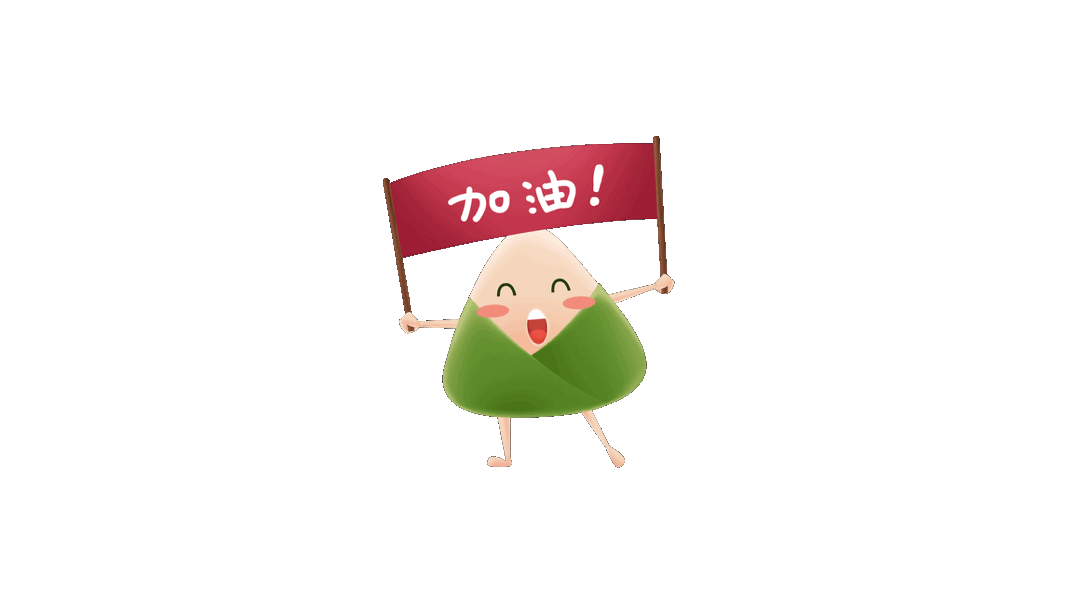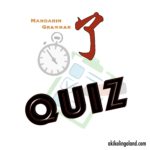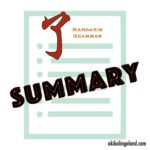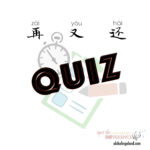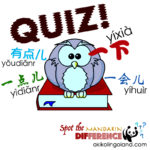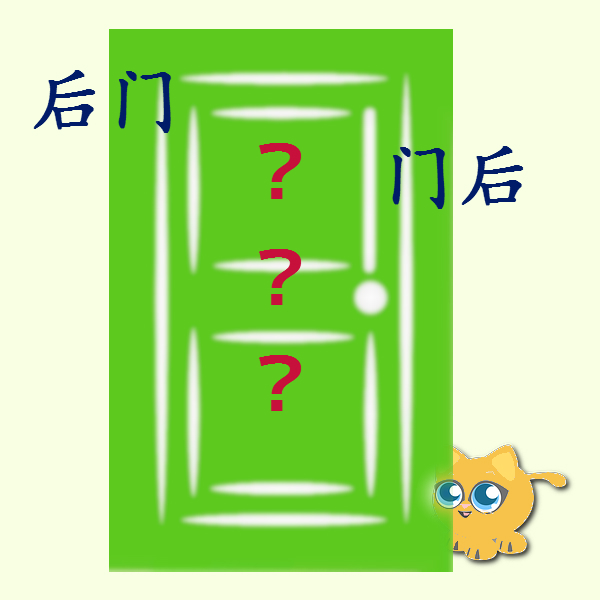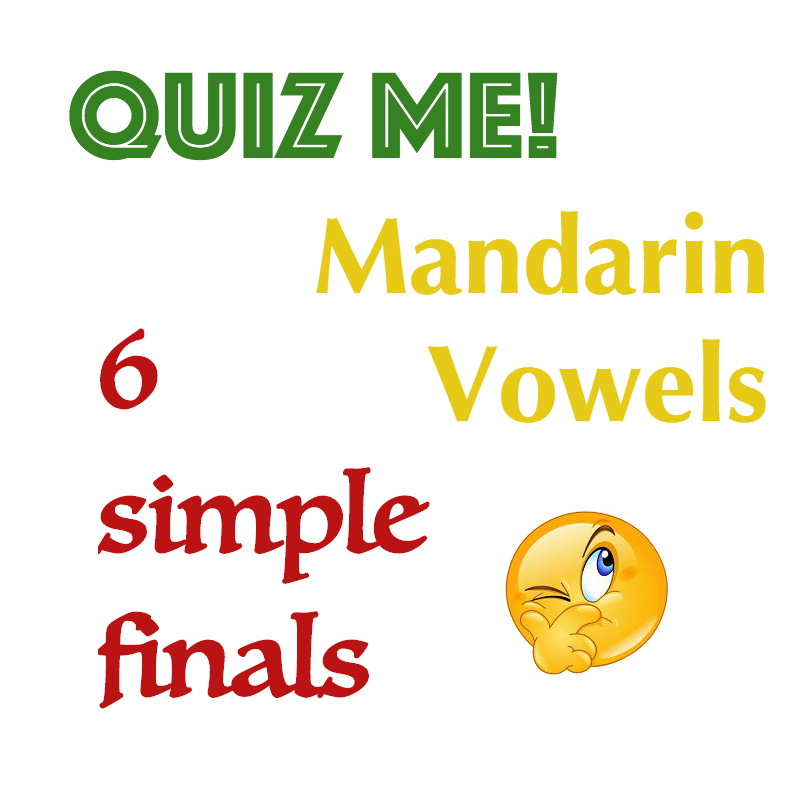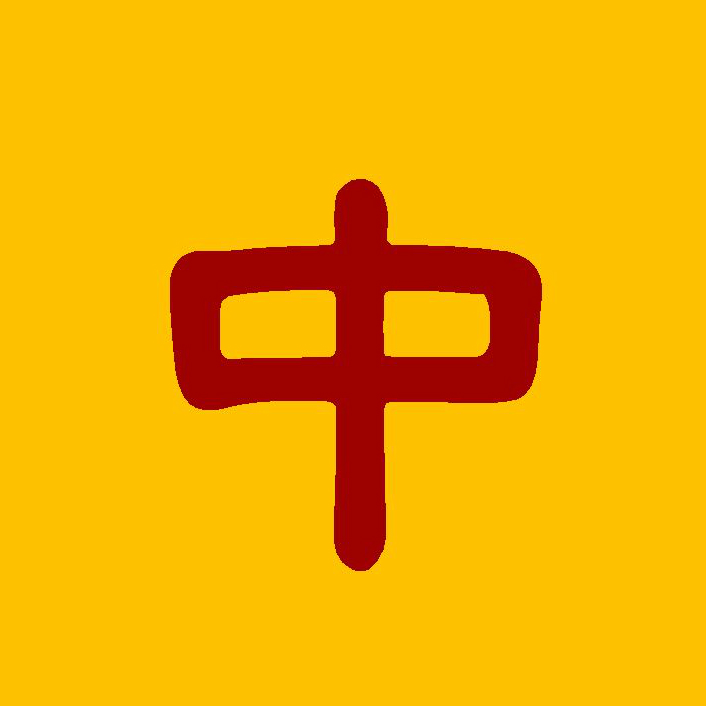How to Use 了 le and 过 guo
Qn
Which of the following mean that the action of eating has occurred?
1a)
Wǒ chīle.
我吃了。
我吃了
1b)
Wǒ chīguo.
我吃过。
我吃过
1c)
Wǒ chīguo le.
我吃过了。
我吃过了
Ans
All of them!
Both 了 and 过 give the impression that something has occurred. How do you use them then? Let’s find out!
This is a continuation of the previous lesson – When To Use 了, which I did upon request from Nastya Romanova. We’ve already looked at how to use 了 in the previous lesson, so in this lesson I’ll only be explaining 过, and then move on to compare it with 了. Obviously being clear about 了 is vital in understanding the difference between 了 and 过, so if you don’t really understand了, I highly recommend watching the previous lesson first, and come back to this after that, because otherwise, my explanation in this lesson may not make much sense, and you might find it hard to follow. In fact, as you will find out later on, to truly understand 过, you have to know 了 well enough.
Just a very brief recap, there are basically two types of 了:
1. Aspect particle (aka 了1)Primarily placed after the verb, and indicates the completion of an action. 2. Modal particle (aka 了2)
Primarily placed at the end of a sentence, and indicates change.
Now on to 过. As with many other words, 过 has numerous meanings. We’ll only be looking at 过 the particle, which is the one that can be confused with 了.
First, let’s look at the position. As we saw in the examples at the beginning, 过 comes right after the verb.
verb + 过
Next, let’s look at the meaning. The first is 过 indicating past experience, and the second is 过 indicating completion. For the sake of simplicity, let’s call them ‘experience 过’ and ‘completion 过’.
A. Experience 过 – Indicates Past Experience
2a)
Wǒ chīguo zòngzi.
我吃过粽子。
我吃过粽子
I’ve eaten rice dumplings before.
3a)
Wǒ qùguo nà jiā cāntīng.
我去过那家餐厅。
我去过那家餐厅
I’ve been to that restaurant before.
Let’s now look at the question and negative forms of the above sentences.
Experience 过 – Questions
For questions, simply add 吗 ma at the end. Nothing else changes.
2b)
Nǐ chīguo zòngzi ma?
你吃过粽子吗?
你吃过粽子吗
Have you eaten rice dumplings before?
3b)
Nǐ qùguo nà jiā cāntīng ma?
你去过那家餐厅吗?
你去过那家餐厅吗
Have you been to that restaurant before?
Experience 过 – Negatives
For negatives, just add 没 méi in front of the verb. Again, everything else remains the same.
2c)
Wǒ méi chīguo zòngzi.
我没吃过粽子。
我没吃过粽子
I’ve not eaten rice dumplings before.
3c)
Wǒ méi qùguo nà jiā cāntīng.
我没去过那家餐厅。
我没去过那家餐厅
I’ve not been to that restaurant before.
Easy as pie right? Moving on to the second meaning:
B. Completion 过 – Indicates Completion
4a)
Wǒ chīguo zòngzi le.
我吃过粽子了。
我吃过粽子了
I’ve already eaten rice dumplings.
5a)
Wǒ qùguo nà jiā cāntīng le.
我去过那家餐厅了。
我去过那家餐厅了
I’ve already been to that restaurant.
You would have noticed that basically they are the same as the examples for experience 过, except that now we have 了 at the end. We’ll be coming back to have a closer look at these examples, but for now, let’s move on to look at how to make questions and negative sentences with completion 过.
Completion 过 – Questions
For questions, it is again very straightforward – just add 吗 at the end.
4b)
Nǐ chīguo zòngzi le ma?
你吃过粽子了吗?
你吃过粽子了吗
Have you already eaten rice dumplings?
5b)
Nǐ qùguo nà jiā cāntīng le ma?
你去过那家餐厅了吗?
你去过那家餐厅了吗
Have you already been to that restaurant?
Completion 过 – Negatives
For negatives, in the previous case of experience 过, we simply added 没 in front of the verb, and everything else remained as it is. In the case of completion 过, we still insert 没 before the verb, but this time, both 过 as well as 了 at the end are dropped.
4c)
Wǒ méi chī zòngzi.
我没吃粽子。
我没吃粽子
I didn’t eat rice dumplings.
5c)
Wǒ méi qù nà jiā cāntīng.
我没去那家餐厅。
我没去那家餐厅
I didn’t go to that restaurant.
In fact, when making negative responses to questions with completion 过, often, we tend to have 还 (hái ‘not yet’) before 没.
4d)
Wǒ hái méi chī zòngzi.
我还没吃粽子。
我还没吃粽子
I haven’t eaten rice dumplings yet.
5d)
Wǒ hái méi qù nà jiā cāntīng.
我还没去那家餐厅。
我还没去那家餐厅
I haven’t gone to that restaurant yet.
I’ll explain this further in a little bit. For now let’s first sort out the difference between the two meanings of 过.
Experience 过 vs Completion 过
So here’s the first examples of each of the meanings again:
2a)
Wǒ chīguo zòngzi.
我吃过粽子。
我吃过粽子
I’ve eaten rice dumplings before.
4a)
Wǒ chīguo zòngzi le.
我吃过粽子了。
我吃过粽子了
I’ve already eaten rice dumplings.
So we can see that the difference between these two examples is simply the 了 at the end of 4a. Can you tell if this 了1 or 了2? Yup, it’s 了2. Completion 过 is often used together with 了2. This is one way to determine which 过 you’re looking at. If there is 了2 at the end, then there is a high chance that it is completion 过. But be careful, this is not always the case.
If you have watched my previous lesson, does the structure of 4a ring a bell? Take a look at this sentence from our previous lesson:
Wǒ chīle fàn le.
我吃了饭了。
我吃了饭了
I’ve (already) eaten.
Doesn’t this look strikingly similar to example 4a? Change the object from 饭 to 粽子, and the particle from 了 to 过. Voila! We have sentence 4a 我吃过粽子了!
So we can see by now that completion 过 is very similar to 了1. Just like 了1, it is placed after the verb. And like 了1, it also expresses completion. (Remember that it’s similar to 了1, not 了2.) The 了2 at the end of 4a 我吃过粽子了 functions just like what we learnt in the previous lesson – confirming the completion of the verb 吃, and tells us that this is the new situation. And do you recall that 了2 is often translated as ‘already’? You can see that it is the same here, confirming and emphasising that something is already done.
You might be asking then, can we replace 过 with 了1 in 4a? Sure we can! We would then have:
4aa)
Wǒ chīle zòngzi le.
我吃了粽子了。
我吃了粽子了
I’ve already eaten rice dumplings.
But wait. We haven’t really talked about the difference between 2a 我吃过粽子 and 4a 我吃过粽子了. So as I said, 2a is talking about past experience, and 4a, about completion. Simple and straightforward, isn’t it? Some people might find the following bit of explanation a little redundant, but bear with me as I’d like to be sure that I’ve made things clear.
When you want to say that you’ve tried rice dumplings before at some point in your life, you say 2a 我吃过粽子. Imagine there is a list of life experiences for you to tick, and you tick 2a 我吃过粽子, kind of like listing your past work experience. As for 4a 我吃过粽子了, imagine that today is the Dragon Boat Festival (that’s when we eat rice dumplings), and you happen to be visiting your friend. He offers you some rice dumplings. So you say 4a 我吃过粽子了, to say that you’ve already had your quota of dumplings for the day, you’re done eating them, so you don’t want to eat them anymore.
Revisiting 了2
Now let’s pay a little attention to 了2 at the end. It confirms the completion of the verb 吃, and tells us that this is the new situation now. Which means, while 我吃过粽子 is more about stating the fact that you have experienced this in the PAST, 我吃过粽子了 is more about NOW. There has been change, and this is the current situation.
This brings us to the next point that might frustrate you. So we’ve seen that in the sentence 4a 我吃过粽子了, 过 expresses completion, not past experience, because there is 了2 at the end. However, I also said that this is not always true. How so?
Firstly, having 了2 at the end may not always mean it is completion 过. Sometimes it might be experience 过.
Now that we have had a closer look at 了2, can you see 4a 我吃过粽子了 from another angle? Apart from meaning I’ve already had rice dumplings just now (expressing completion), it could also mean I’ve now had the experience of eating rice dumplings (expressing experience). You’ve always wanted to try rice dumplings, and now you’ve just tried it. Finally, you can tick the check box for 我吃过粽子. Or, it could even be simply, I’ve already had rice dumplings before (I’ve already had the experience of eating dumplings in the past). For example, you are at the restaurant and thinking what to eat. Your friend suggests you have rice dumplings, but you’ve already tried that before, so you want to try something else. In that case, you could say 我吃过粽子了 – I’ve already had the experience of eating rice dumplings before.
Secondly, we may not always have 了2 in sentences with completion 过. Let’s take a look at this:
6a)
Wǒ chīguo zòngzi jiù qù.
我吃过粽子就去。
我吃过粽子就去
I’ll go after having rice dumplings.
So in this case, we are talking about completion of the first action 吃 chī followed by the next action 去 qù. 过 expresses completion here, but there is no 了2 because the action has not been completed. Again, you should find this example very familiar. Here’s what we looked at in the previous lesson on 了1:
Wǒ chīle fàn jiù qù shàngbān.
我吃了饭就去上班。
我吃了饭就去上班
I’ll go to work after eating.
Yet another example of how 过 is very similar to 了1!
Dissecting Completion 过
Now let’s take a closer look at completion 过. Allow me to digress a little to look at yet another structure which is particularly similar.
7a)
Wǒ chīwán zòngzi le.
我吃完粽子了。
我吃了就去上班
I’ve already finished eating rice dumplings.
In this example, we have a resultant complement, 完 wán. Completion 过 works very much like a resultant complement, so much that some people regard it as that. It might seem that I’m trying to confuse you even more, but I am showing this extra example in the hope that by comparing it with more similar sentences, you can have a clearer sense of what 过 represents. So we now have three very similar sentences:
4a)
Wǒ chīguo zòngzi le.
我吃过粽子了。
我吃过粽子了
I’ve already eaten rice dumplings.
4aa)
Wǒ chīle zòngzi le.
我吃了粽子了。
我吃了粽子了
I’ve already eaten rice dumplings.
7a)
Wǒ chīwán zòngzi le.
我吃完粽子了。
我吃完粽子了
I’ve already finished eating rice dumplings.
Among them, 7a is probably the one that stands out most. The focal point of resultant complement 完 is that it is ‘finished’.

In contrast, 过 in 4a emphasises more on having done it, or that it has happened. The original meaning of 过, as a verb, is ‘to pass’, ‘to go through’. So you can imagine how as a particle, this aspect of the meaning is retained.

Compared to 完 and 过, 了1 in 4aa is pretty neutral and does not express that much of a distinctive emphasis.
Now that you probably have a better feel of completion 过, let’s go back to the negative sentences earlier.
Examining Completion 过 – Negatives
4d)
Wǒ hái méi chī zòngzi.
我还没吃粽子。
我还没吃粽子
I haven’t eaten rice dumplings yet.
5d)
Wǒ hái méi qù nà jiā cāntīng.
我还没去那家餐厅。
我还没去那家餐厅
I haven’t gone to that restaurant yet.
There are two points I’d like to bring your attention to.
The first is, in negative structures, experience 过 remains, whereas completion 过 gets dropped. This is yet another element of completion 过 that is similar to 了1. If you recall our previous lesson, when negating 了1, 了1 itself is dropped.
The second point is, why do we tend to have 还 when negating completion 过? If you think about their question counterparts, it becomes quite clear. So let’s take a look at the questions again.
4b)
Nǐ chīguo zòngzi le ma?
你吃过粽子了吗?
你吃过粽子了吗
Have you already eaten rice dumplings?
5b)
Nǐ qùguo nà jiā cāntīng le ma?
你去过那家餐厅了吗?
你去过那家餐厅了吗
Have you already been to that restaurant?
This 过 emphasises completion – have you already done it – and so, ‘not yet’ is a very natural response.
Summary ①
Here’s a review of the two uses of 过:
- completion 过 usually has 了2 at the end, whereas experience 过 usually does not
- in negative sentences, experience 过 remains, whereas completion 过 is dropped
- experience 过 is more about the fact that you have had the experience some time in the PAST, whereas completion 过, with 了2 at the end emphasising that this is the current situation, has more focus on NOW
Although generally we can distinguish them apart in this way, nevertheless, you’ll sometimes be faced with situations where the line between experience 过 and completion 过 is quite blur. Let’s look at this dialogue.
8)
A)
Huáng Fēihóng kànguo ma? Méi kànguo de huà míngtiān kàn ba.
《黄飞鸿》看过吗?没看过的话明天看吧。
黄飞鸿看过吗
Have you watched “Once Upon A Time in China”? Let’s watch that tomorrow if you haven’t.
B)
Kànguo, bùguò kěyǐ zài kàn.
看过,不过可以再看。
看过不过可以再看
Yes, but I can watch it again.
A)
Kànguo le hái kàn?
看过了还看?
看过了还看
Watch again even though you have watched it before?
As you can see in this dialogue, in response to A’s question 看过, B answers with the same 看过. In contrast, A’s response is 看过了, suggesting that his focus is different from B’s. His emphasis is more on ‘having done watching it’, rather than simply a ‘past experience’. To put this in simpler terms, we could say 看过 is simply saying you have had the experience, with no hidden layers of nuance, whereas 看过了 carries the connotation that you’ve already done it, there’s no need to do it again. Could we flip this and switch 看过 with 看过了 and vice versa? The answer is yes, that’s possible. The hidden nuance would then be switched.
Having said all this, please don’t stress yourself on this, because as you can see from the above dialogue, sometimes the difference can be really minute and people don’t usually notice all this. If you think of the original meaning of the verb 过 which expresses going through something, meaning-wise, experience 过 and completion 过 certainly sometimes do overlap. Or rather, should we say that there sometimes is no divergence of meaning?
Now let us get back to the topic of this lesson – the difference between 了 and 过. You might have realised by now that in order to understand and use 了 and 过 well, actually, rather than finding the differences between them, the more crucial thing is to determine which 了 and which 过 you are looking at. In other words, the issue isn’t so much of understanding the differences between 了 and 过, but more of understanding the different uses of each of them. We get confused because we are not clear about the various uses of each of them.
Summary ②
Let’s recap what we have covered so far about 了 and 过.
- completion 过 is closely similar to 了1
- completion 过 is often used together with 了2, that expresses change, which often translates to ‘already’
- compared to 了1, completion 过 has a stronger emphasis on expressing ‘completion’
Back to the sentences at the beginning.
1a)
Wǒ chīle.
我吃了。
我吃了
1b)
Wǒ chīguo.
我吃过。
我吃过
1c)
Wǒ chīguo le.
我吃过了。
我吃过了
First, let’s determine which 了 is being used in 1a and 1c.
As we have seen in the previous lesson, in 1a 我吃了, 了 is both 了1 and 了2, meaning that it both expresses completion of the action, and at the same time confirms the completion.
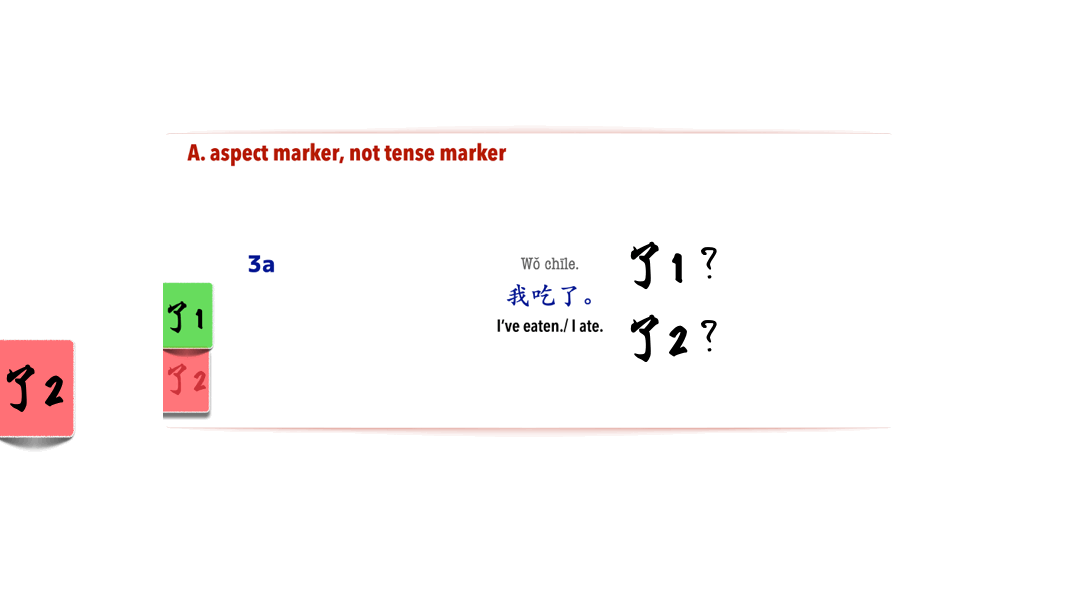
In 1c 我吃过了, it is 了2, confirming the completion.
Now on to 过. Which 过 are we looking at in 1b 我吃过 and 1c 我吃过了? In 1b, it indicates experience. In 1c, it indicates completion.
So what can we conclude? They all are actions that have happened, but may not mean exactly the same thing. Sentence 1a 我吃了, with 了 being both 了1 and 了2, can be very similar to 1c 我吃过了, whereby 过 functions like 了1, and 了 as 了2. On the other hand, 1b 我吃过 means simply I have had the experience of eating in the past.
Let’s look at two short dialogues with these three sentences:
9)
A)
Yí, zhè shì shénme?
咦,这是什么?
咦这是什么
Hey, what is this?
B)
À, zhè jiào lóngyǎn. Hěn hǎochī, wǒ chīguo.
啊,这叫龙眼。很好吃,我吃过。
啊这叫龙眼
Ah, this is called longan. It’s delicious. I’ve eaten it before.
10)
A)
Wǒmen zhèng yào chī fàn ne, yīqǐ chī ba
我们正要吃饭呢,一起吃吧!
我们正要吃饭呢
We’re just about to eat. Let’s eat together.
B)
Wǒ chīle./ Wǒ chīguo le. Nǐmen mànmàn chī.
我吃了。/ 我吃过了。你们慢慢吃。
你们慢慢吃
I’ve already eaten. Enjoy yourselves.
I hope this video has helped you understand 了 and 过 better. This isn’t something that you can grasp in a short time, so don’t worry if you aren’t yet completely clear. Give yourself time, and just come back to review this lesson whenever you are confused. 加油 jiāyóu!
If you’ve enjoyed this, don’t forget to share, and do join me on Facebook, YouTube, Twitter, Pinterest!
